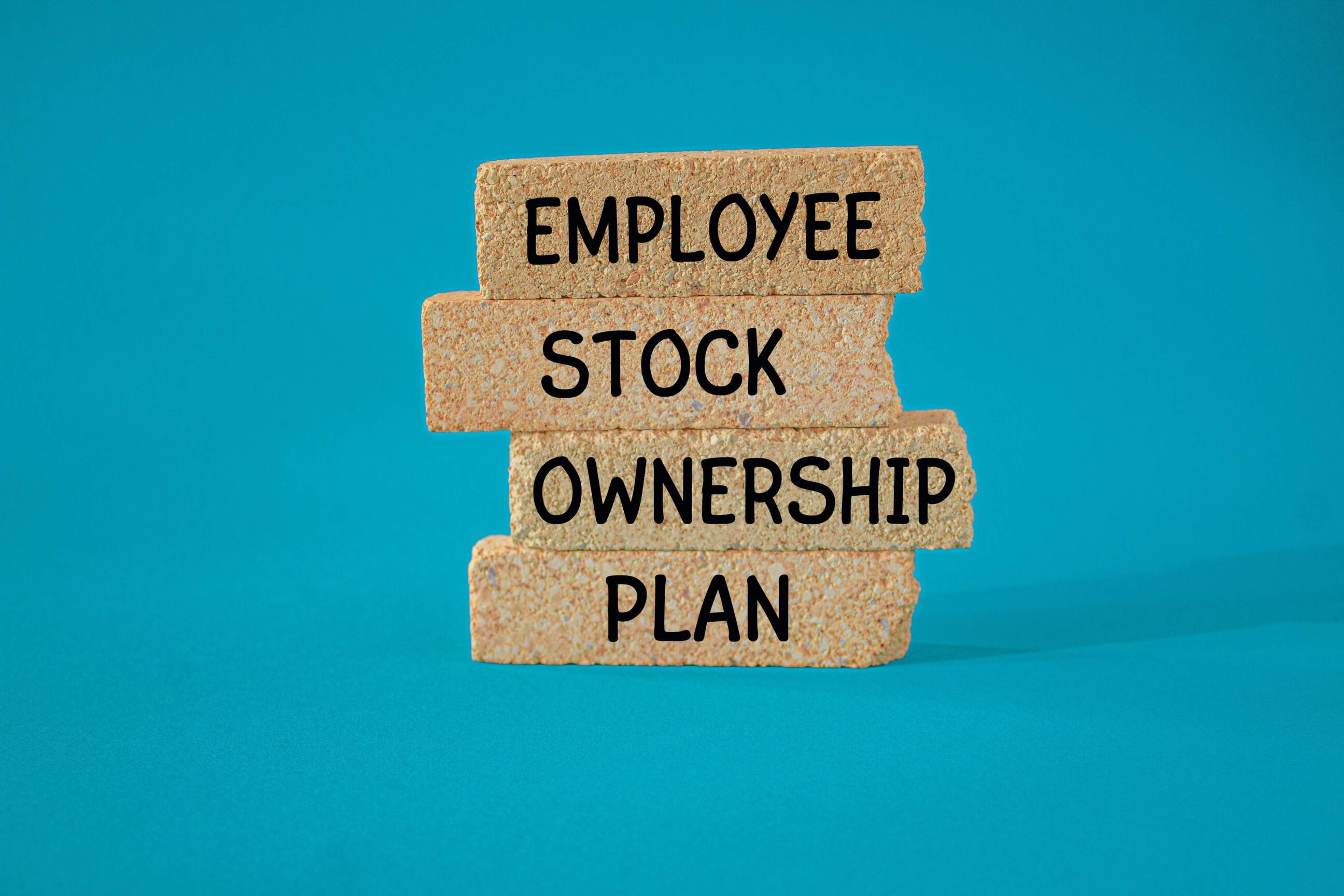As a proud 100% employee-owned company (ESOP), TXI is taking a moment to celebrate October as Employee Ownership Month! This month is a time to reflect on the transformative power of giving workers a stake in the companies they dedicate their time and talent to, particularly in the manufacturing sector where this model has found fertile ground.
The benefits of being an employee owned company

Understanding ESOPs: More Than Just a Benefits Package
At its core, an ESOP is a qualified retirement plan that invests primarily in the stock of the employing company. But to view it merely as a financial instrument is to miss its true essence. ESOPs represent a fundamental shift in how we think about the relationship between a company and its employees.
In a traditional model, employees are compensated for their time and skills, but the fruits of the company's success primarily benefit shareholders. ESOPs flip this script, turning employees into shareholders themselves. This alignment of interests creates a powerful synergy that can drive productivity, innovation, and long-term success.
Haydee Caldero, a member of TXI’s board with a background in employee ownership, says, “A robust ownership culture effectively communicates that the company's success is intertwined with the shared success of each employee.”
The Employee-Owned Company Advantage: Why It Matters
The benefits of being an employee-owned company extend far beyond the feel-good factor of employee ownership. Research consistently shows that ESOP companies outperform their non-ESOP counterparts in several key areas:
- Financial Performance: Employee-owned companies tend to have higher productivity and profitability. A study by the National Center for Employee Ownership found that ESOP companies grow 2.3% to 2.4% faster after setting up their ESOP than would have been expected without it.
- Employee Retention: When employees have a stake in the company, they're more likely to stay. This reduces turnover costs and preserves institutional knowledge.
- Retirement Security: ESOPs provide an additional layer of retirement savings for employees, supplementing traditional 401(k) plans and Social Security. Employees at ESOP companies have on average 2.5x larger retirement accounts than employees at similar non-ESOP companies.
- Company Longevity: Employee-owned companies are 25% more likely to stay in business compared to their non-ESOP counterparts.
- Community Impact: Because ESOP companies are less likely to be sold or relocated, they provide stability to local economies and communities.
TXI’s Choice to Go ESOP
With an initial ownership group no longer working in the business, TXI elected in 2022 to transition to an ESOP after evaluating a number of other options that included sales to private equity firms and strategic partners. The firm’s base of long-term clients, strong employee retention rate, and history of growth and profitability created an opportunity to align its business incentives with the interests of employees and clients.
Josh Golden, TXI’s founder and one of the key drivers of the move to ESOP, who now serves at chair of TXI’s board, said, “By transitioning to an ESOP, TXI keeps its culture intact and aligns its business interests with the interests of the people that made us successful in the first place.”
And two years in, we’re seeing the fruits of our success. In our most recent ESOP valuation, we saw an incredible 272% increase in TXI’s share price! That’s the result of each and every one of our employee-owners delivering incredible value to our clients every day and building our business together.
Manufacturing and Employee-Owned Companies: A Perfect Match
While ESOPs can be found across various industries - we were partly inspired to pursue this path thanks to other agencies that have seen success with it - they've found particular success in the manufacturing sector. Several factors contribute to this synergy:
1. Long-Term Perspective
Manufacturing often requires significant capital investments in equipment and technology. These investments can take years to pay off, which can be at odds with the short-term focus of publicly traded companies. ESOPs, by their nature, encourage a longer-term perspective that aligns well with the realities of manufacturing.
2. Skill Retention
Manufacturing companies often rely on highly skilled workers who have developed expertise over many years. The enhanced retention rates of ESOPs help these companies keep their skilled workforce intact, preserving crucial knowledge and experience.
3. Succession Planning
Many manufacturing companies are family-owned businesses facing succession challenges. ESOPs offer a viable exit strategy for owners while ensuring the company's legacy continues.
4. Productivity Gains
The manufacturing sector's output is often directly tied to worker productivity. The increased engagement and motivation fostered by employee ownership can lead to significant productivity gains.
5. Innovation and Continuous Improvement
Manufacturing companies must constantly innovate to stay competitive. Employee-owners, with their deep understanding of processes and heightened stake in the company's success, are often wellsprings of innovative ideas and process improvements.
Challenges and Considerations
While the benefits of ESOPs are clear, implementing one is not without challenges. The process can be complex and requires careful planning and execution. Companies must navigate regulatory requirements, valuation issues, and the need for ongoing education to help employees understand their role as owners.
Moreover, the transition to an ownership culture doesn't happen overnight. It requires sustained effort to build the systems and culture that allow employee-owners to truly engage in the business's success.
Looking to the Future
As we celebrate Employee Ownership Month, it's clear that ESOPs represent more than just an alternative corporate structure – they embody a vision of a more inclusive and sustainable form of capitalism. In the manufacturing sector and beyond, ESOPs are proving that when employees have a stake in the game, everyone wins.
The growing interest in ESOPs among policymakers is a promising sign. Recent bipartisan legislation has aimed to make it easier for companies to implement ESOPs and for employees to benefit from them. Its success in the United States is also inspiring a parallel movement in Canada. As awareness grows, we may be on the cusp of a new era of employee ownership.
If you’re considering restructuring into an ESOP, I’d be glad to share more details of how we made the decision and successfully navigated the process. Reach out and let’s talk!
Published by Claire Podulka in Culture

Let's shape your insights into experience-led data products together.


